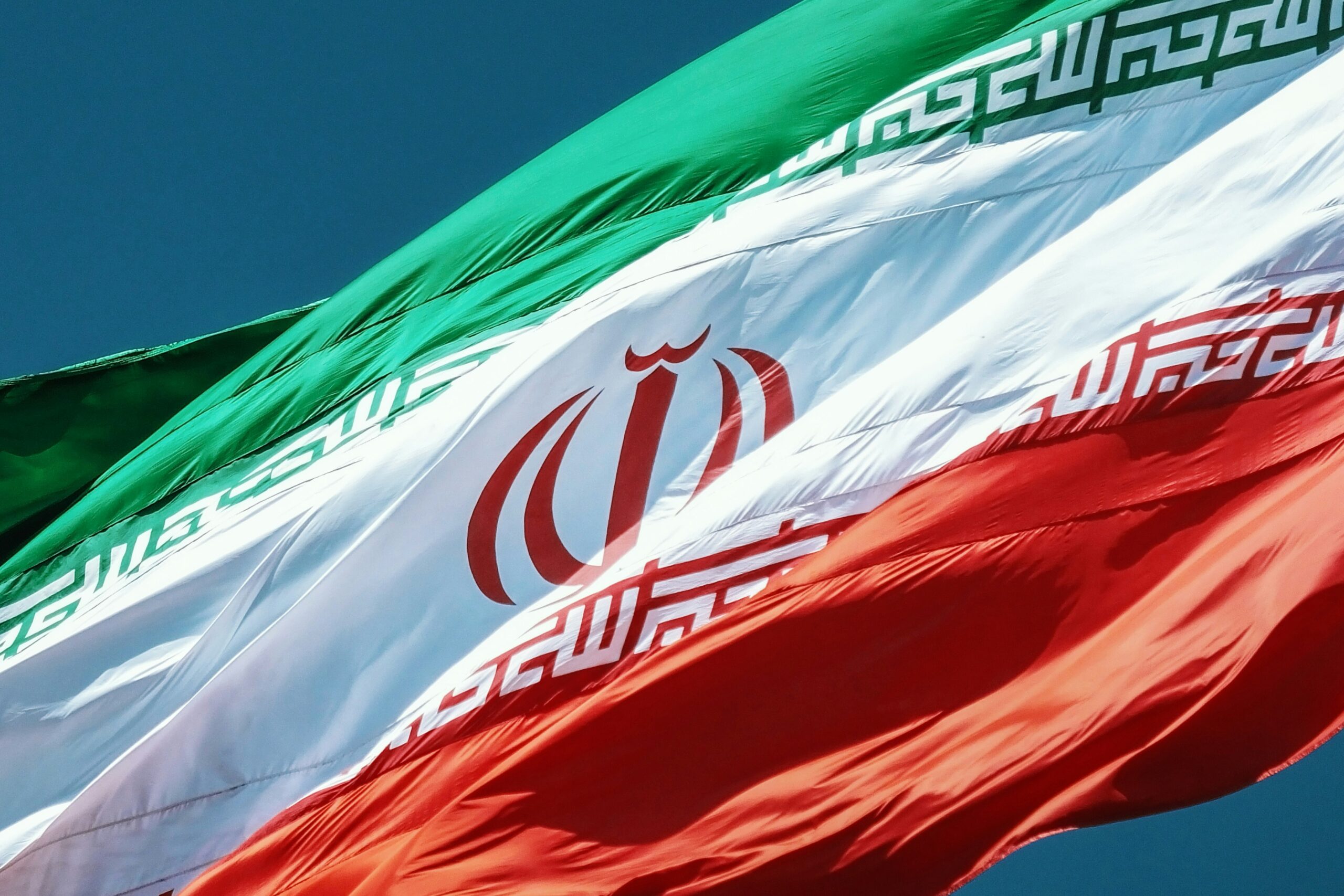
Introduction
Amidst escalating geopolitical tensions, Iran’s top diplomat has declared that the moment for ‘effective’ nuclear negotiations with the United States is yet to come. This statement underscores the continuing strain between Iran and the US, further complicated by recent military actions and diplomatic standoffs.
Key Facts
- Iran’s Foreign Minister Abbas Araghchi has publicly stated that effective nuclear discussions with the US are not currently feasible.
- Tehran maintains its commitment to not sever ties with the International Atomic Energy Agency (IAEA), despite strained relations.
- Recent conflicts, including a 12-day war involving the US and Israel, have intensified scrutiny of Iran’s nuclear ambitions.
- European nations have threatened to reimpose UN sanctions should Iran fail to return to the negotiation table.
Background
The tension between Iran and the United States has been a long-standing issue, primarily centered around Iran’s nuclear program, which Tehran insists is for civilian purposes. However, the US and its allies, notably Israel, have expressed concerns about potential weaponization. This dispute has led to various international incidents, including sanctions and military strikes. The recent bombings by the US and Israel during a short conflict have further deteriorated the diplomatic atmosphere, halting any progress towards negotiations.
Recent Developments
Following the recent military escalations, Tehran suspended all negotiation efforts aimed at curbing its nuclear program. The situation was exacerbated when IAEA inspectors were barred from accessing Iranian nuclear sites, a move that came after the IAEA’s report led to accusations from Tehran against the agency of bias. This report precipitated a vote by the IAEA’s Board of Governors declaring Iran in violation of its non-proliferation commitments, which in turn influenced the legislative response from Tehran to limit the IAEA’s access.
Official Reactions and Statements
US President Donald Trump and Israeli Prime Minister Benjamin Netanyahu have issued stark warnings against Iran, suggesting potential further military action if Iran proceeds with uranium enrichment. On the other hand, Iranian President Masoud Pezeshkian has criticized the IAEA for its alleged double standards and called for a more balanced approach to resume any form of cooperation. Meanwhile, European powers, including Britain, France, and Germany, have expressed their readiness to activate a ‘snapback’ mechanism of UN sanctions, putting additional pressure on Iran to comply with international nuclear standards.
What’s Next?
The international community remains watchful as the situation develops. While Iran has agreed to continue its dialogue with the IAEA, the overall prospects for resuming broader negotiations with the US remain bleak without significant diplomatic breakthroughs. The upcoming meetings between Iranian officials and European representatives could be crucial in determining the path forward and potentially easing the current standoff.


